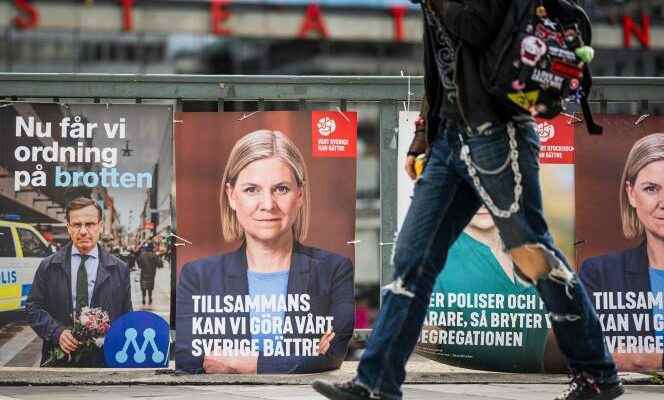The heyday of forced privatization, unbridled and almost entirely financed by the taxpayer, would they be counted in Sweden? In general, before each election, the Left Party and the Social Democrats undertake to introduce a dose of regulation where there is almost none.
This year is no exception. But with a particularity, since certain right-wing formations also recognize the need to bring order to sectors where public actors, almost alone thirty years ago, now find themselves in competition with private for-profit companies.
This is not to call into question the sacrosanct principle of “freedom of choice” (valfrihet), which imposed itself at the beginning of the 1990s, to justify one of the most important transformations of the Swedish welfare state: the privatization of entire sections of the public sector, from schools to health, including retirement homes; but rather an awareness of the growing rejection caused by the gains made by certain companies.
According to a survey carried out in February 2021, more than eight in ten Swedes want to limit or ban profit making in education. A majority of teachers are also in favor of it. In a report published at the end of June, the national directorate for the control of public management (Riksrevision) questions, for its part, the principle according to which public funding is the same for private and public schools.
Big profits
In the Stockholm region, where the privatization of health has gone the furthest in Sweden, with more than forty specialties open to competition (compared to five or six on average in the other regions), the nursing staff is invited to the campaign by publishing more than 400 testimonials on the website Sjukvardsuppropet: chilling stories, which tell of a hospital in crisis and professionals on the edge of the abyss.
In power since 2018, the Social Democrats are campaigning for “regain control of the welfare state” and “stop the looting”. In their sights: companies and venture capital companies, owners of dozens of schools, clinics or nursing homes, accused of making significant profits, while contributing to increasing inequalities.
“We see that family background increasingly determines children’s academic performance”denounces MP Gunilla Svantorp, responsible for education issues at the Social Democratic Party. “To make a profit, private schools make sure to welcome the most independent children, who do not have special needs. » Mme Svantorp criticizes the long waiting lists, where parents register their children sometimes from birth, allowing schools to make their selection without any real control from the public authorities.
You have 29.33% of this article left to read. The following is for subscribers only.
